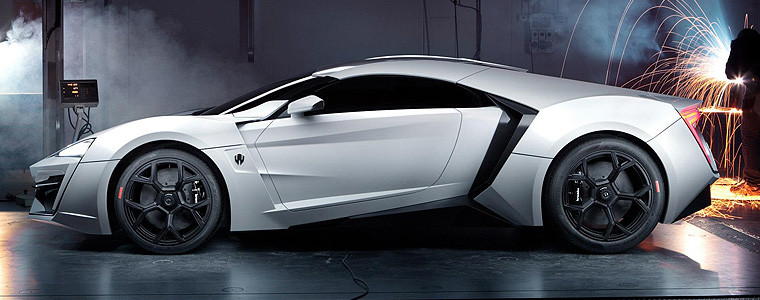Conventional advertising agency marketing wisdom requires brands to walk a tightrope of good behaviour for years to develop an everlasting heritage of trustworthiness to retain consumer loyalty. No longer!
There has been a profound shift in the business arena with a whole new breed of brands living by the rules of Business 3.0. ‘Established’ is now often just another word for tired if not tainted. Contemporary consumers are attracted to unproven and unknown brands that are perceived to be newer, better, cleaner, more open and responsive. The future belongs to ‘Clean Slate Brands’.
Four forces are making consumers immediately comfortable with (and even prefer) turning to CLEAN SLATE BRANDS:
1. IMMEDIATELY KNOWN:
Now that experiences are increasingly shared, and even the newest of the new is instantly reviewed and rated, consumers have THE F-FACTOR, and feel more confident in being earlier and earlier adopters.
92% trust recommendations from friends and family above all other forms of advertising, up 18% since 2007. Online consumer reviews are the second most trusted source of brand information with a 70% trust rating, up 15% since 2008. Television ads were trusted by only 47%, down 24% since 2009.
(Nielsen, April 2012)
2. BORN CLEAN:
CLEAN SLATE BRANDS better reflect the zeitgeist. The fact that they are (by definition) newly established, means that they often have ‘new’ business values – such as higher environmental, ethical and social standards – deeply baked into their business models and practices. Just witness how the values of local, storied, sustainable, progressive new businesses have been consistently appropriated by big businesses, as they stumble to catch up here.
The average age of brands in Millward Brown’s BrandZ Top 100 Global Brands Report has fallen consistently, from 84 in 2006 to 68 in 2012.
(Millward Brown, May 2012)
3. SIMPLE TRUTH:
CLEAN SLATE BRANDS’ simple, lean operations (everything from fair labor practices, transparent supply chains and clean design) are easily understandable – and therefore trusted – by consumers. And with scandal after scandal (from financial products to horse meat) being blamed on excess ‘complexity’, who can blame them?
Brands that simplify customer decision-making are 115% more likely to be recommended. (Corporate Executive Board, May 2012)
4. FUTURE FAITH:
Business practices are now totally transparent (and if not, merely waiting to be exposed). CLEAN SLATE BRANDS know this. Consumers know that CLEAN SLATE BRANDS know this. Which explains why, on top of the fact that CLEAN SLATE BRANDS, almost by definition, cannot have sinned yet (they’ve just started, after all), consumers trust them to act correctly in the future too.
64% of global consumers think most companies are trying to be responsible only to improve their image. (Havas Media, 2011)
Examples of CLEAN SLATE BRANDS:
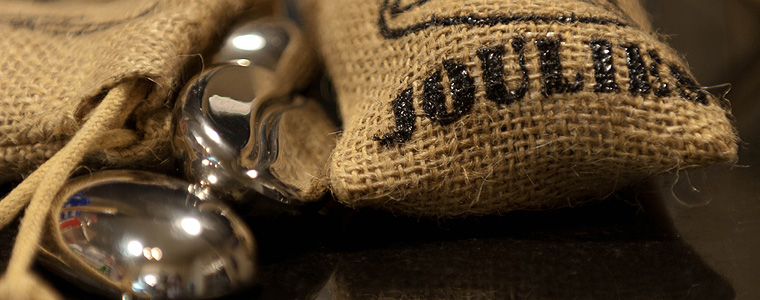
Coffee Joulies: US-based company lets consumers decide whether to move manufacturing to China
In December 2012, the creators of Coffee Joulies (a product which keeps hot beverages hotter for longer) asked customers to vote to determine whether or not the brand should move production from an American factory to a less costly Chinese one. Consumers could help decide on the location of manufacturing by making a purchase using either a USA or China coupon code. To reflect the lower costs of Chinese manufacturing, the discount using the China coupon was USD 10, while the one for the USA was only USD 5.
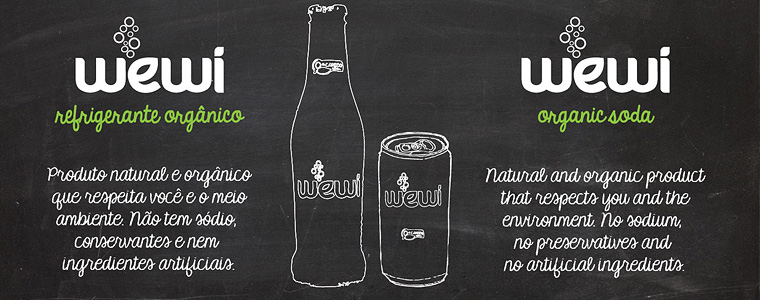 Wewi: Brazil’s first ever organic soda is made with Amazonian guarana
Wewi: Brazil’s first ever organic soda is made with Amazonian guarana
Launched in September 2012, Wewi is the first ever organic soda to be produced in Brazil. The low calorie soft drink is made from 100% organic Amazonian guarana, organic sugar and carbonated water, and is free of artificial flavorings and preservatives.
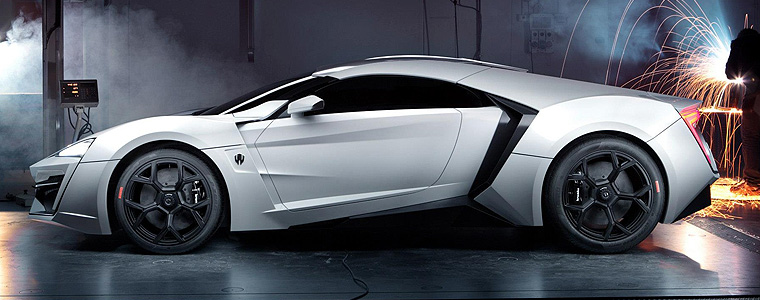
W Motors: Luxury sports car developed in the Middle East
No, CLEAN SLATE BRANDS won’t always be cleaner or more progressive (unfortunately). In January 2013, Beirut-based W Motors unveiled the HyperSport at the Qatar Motor Show. With a 750 horsepower engine, the HyperSport is capable of a top speed of 240mph, and is priced at USD 3.4 million. The brand (which is the first luxury sports car brand from the Arab region), planned to produce only seven units of the ‘hypercar’, however over 100 orders were received in the week after the car was launched. A signal that ultra-wealthy consumers will spend serious money on a CLEAN SLATE BRAND with no history or heritage, even if that involves delivering a resounding ‘f#*k you’ to any eco-concerns.
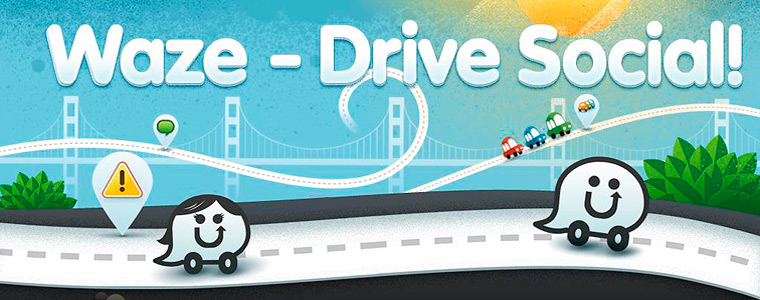
Waze: Crowd-sourced navigation app grows from 10 million to 36 million users during 2012
For an example of how consumers will often offer more information to CLEAN SLATE BRANDS, look no further than Israel-based Waze, a smartphone traffic & navigation app that works by users disclosing their personal information to form community edited maps. Far from causing an outcry from users, in 2012 Waze grew its user base from 10 million to 36 million. One reason is that this sharing contributes to a better product: maps are constantly updated and incorporate ‘real time’ changes through user data. Waze also has a social aspect, with users able to sync with other drivers to share information on traffic issues and gas prices.
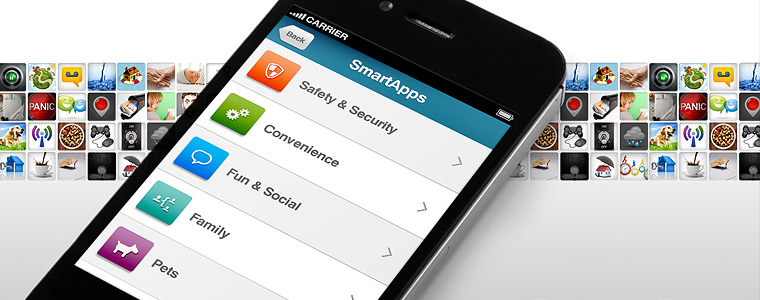 Lockitron: Home security via smartphone app
Lockitron: Home security via smartphone app
Lockitron is a device and app that allows users to lock, unlock and share access to their front door remotely through their mobile phone. Initially rejected by Kickstarter, Lockitron formed its own crowdfunding campaign to raise funds through pre-orders. The initial goal of USD 150,000 was hit within 24 hours, and five days after launching the company had raised USD 1.5 million, with reservations exceeding 1,000% of the original target.
SmartThings: Control of objects around the home via mobile app
In September 2012, SmartThings raised over USD 1.2 million on Kickstarter. SmartThings allows users to connect physical objects to the internet, enabling them to monitor and control doors, televisions, air conditioning, lights, heaters and more remotely via a smartphone app, and to receive notifications when people or pets enter or leave their home. SmartThings retail kits start at USD 299
Simple: Digital banking start-up focused on customer service builds a waiting list of over 125,000
Simple offers its users simplified and accessible banking through online and mobile apps. Despite not having the heritage and physical presence of a traditional bank, Simple launched its first full release in July 2012, working through the 125,000 customer waiting list that it had built since its launch was announced in 2010.
IMPLICATIONS and OPPORTUNITIES:
First, let’s get one thing straight. The CLEAN SLATE BRAND trend won’t wipe out all desire for brands with history and heritage. There will still be some consumers, at least some of the time, who will want to turn to established, proven products from trusted, well-respected brands. Or lust after illustrious brands that go back decades if not centuries.
Remember, no trend ever applies to all consumers, all of the time.
To finish this edition of our eSight we offer up a series of brilliant overseas TVC’s for your entertainment. It’s a pity that we don’t get to see ads of this calibre on our own flat screens!
Liked our eSight? Why not ‘like us’ on facebook!
Back


